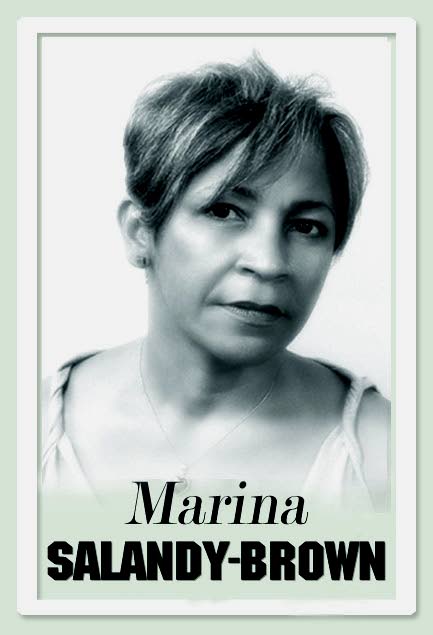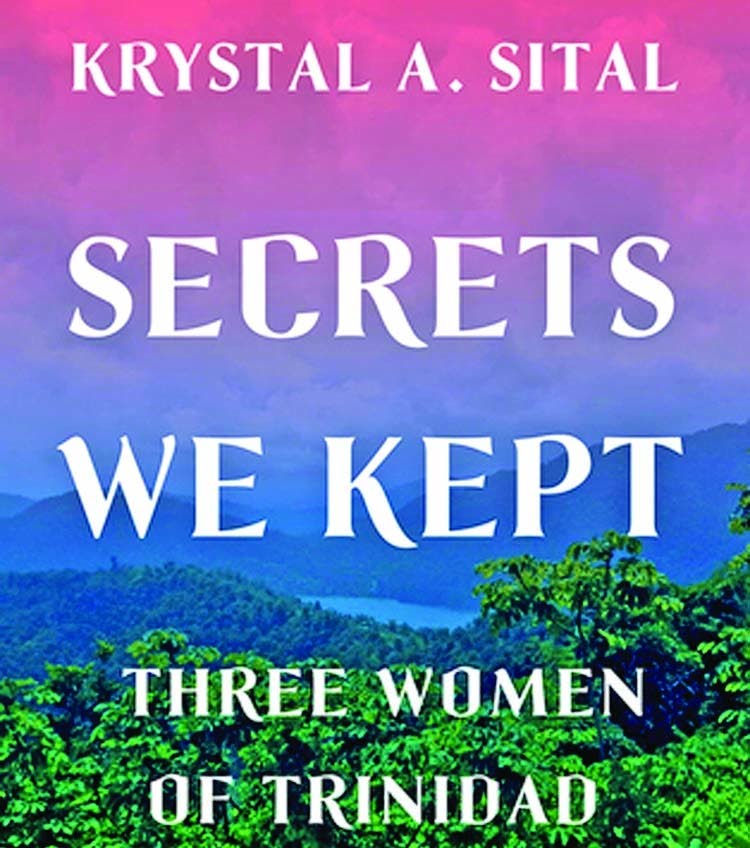Killing women is now a sport

The murder on Monday of Tehilla St Clair by her enraged former lover brought me up short, not only because of the horror of the act but rather, the words of the victim’s five-year-old child who witnessed the murderous act and had himself been attacked.
“If you see how he chop up my mummy,” he reportedly cried. The little boy had run to get help once the violence had started. The question, “What will become of that young person who has been so traumatised and violated,” immediately framed itself in my mind. He will need life-long help to overcome it, but will he get it?

The 27-year old woman’s murder adds to the shamefully long list of women killed by out-of-control men with whom they had intimate relations. A UN Global Database on Violence Against Women cites a National Women’s Health Survey (2018), which found that 30 per cent of women aged 15-64 in TT had experienced physical and/or sexual violence by intimate partners at least once in their lifetime, and six per cent had done so in the previous 12 months. Another 19 per cent were victims of sexual violence by men other than lovers and husbands. These are unacceptably huge proportions of our female population. The facts must make us consider how we could immediately stop the nightmare so many women suffer but perhaps, more importantly, what are the causes of the victimisation and bloodshed, and how do we deal with those who perpetrate them. It is abundantly clear that violence is entrenched in our society. Weeding that out is our biggest challenge.

The Secrets We Kept: Three Women of Trinidad is the title of a family memoir by Krystal Sital, published this year in the US, which recounts the lives of three generations of rural women who survived, sometimes only just, routine and senseless male violence. In the telling, we see how poverty, ambition, fear and the male desire for domination motivate the violence itself and how female acceptance and expectation of it have made domestic violence almost traditional. We come to understand that women themselves have a major role to play in banishing cruelty and abuse from our personal relationships.

The well-written debut work of a Trinidadian author is fearless in revealing the lives of many of our citizens – men who feel ownership of their wives from whom they derive status, the women being perceived as mere concubines, devoid of rights and freedoms and to be kept in line. Those men also often have other sexual partners and “outside” children, adding to their masculine sense of power. The author’s grandfather Shiva Singh (not his real name) takes impoverished Rebecca as his common law wife. She is trying to escape deep poverty and male violence in her own family, so when Shiva starts their relationship roughly, and soon violently, she weighs up the situation and decides that the, “house, lan an motohcah” and the guardianship of a man are preferable to the certain poverty and random, as opposed to routine, abuse by men in society. Their children also become the target of Singh’s terror. They grow up in fear, and for the most part become cruel, callous and violent adults, the author’s aunts and uncles. The telling of this personal story is all the more affecting for not trying to analyse society; it merely tells one of its truths.
Tehilla St Clair had reported a threat from the man who eventually killed her. Many murder threats are reported, but it seems that the police do not treat these with any seriousness. Apart from mental health issues, most abusive people have personalities shaped by negative, painful experiences; many cannot show emotion or interact with others; some are just vengeful.
The deprivations and inequalities of society are determining factors in negative human behaviour and it is inevitable that the police will have to engage with the fall out, eventually. How do our inadequate police services deal with such matters? The answer is that they cannot do it alone.
This column has called before for an integrated approach to stemming the national violence. The Coalition Against Domestic Violence sums it up as prevention, protection and punishment. All these sectors have to be part of a strategic plan that starts with the children, of whom too many grow up thinking that “licks” is normal, when we know that violence begets violence. The Coalition is correct that we have reached crisis point and must also consider law reform to introduce mandatory arrests and charging of perpetrators of violent crimes against their partners, former partners or family members. In the meantime, getting the police to improve their protection of women should be at the top of the new commissioner’s agenda.


Comments
"Killing women is now a sport"